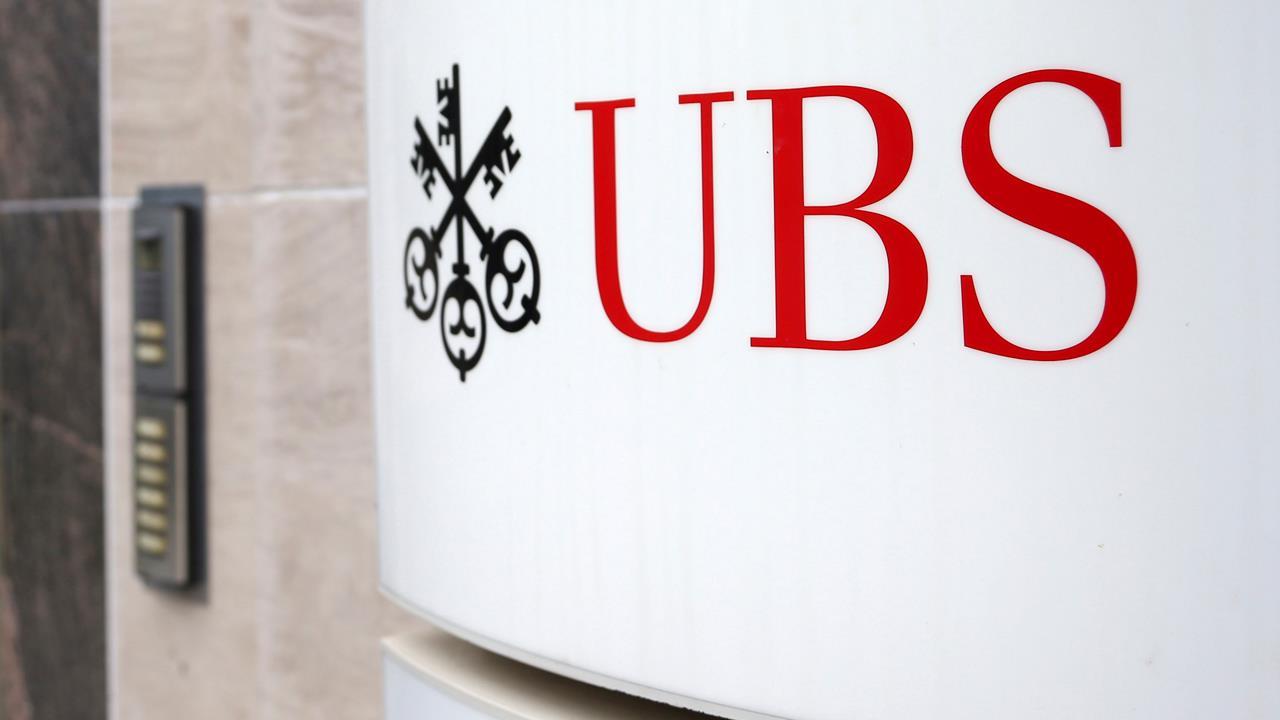BofA’s Moynihan says sharing tax reform cash with workers a priority
The tax reform legislation signed by President Trump in December has already begun to have an impact as companies such as Wells Fargo (NYSE:WFC), Disney (NYSE:DIS) and Wal-Mart (NYSE:WMT) announce plans to pass along some of the tax savings to employees.
“When the tax bill came out we agreed we believe we had to share success with our teammates,” Bank of America CEO Brian Moynihan told FOX Business’ Maria Bartiromo on “Mornings with Maria” at the World Economic Forum in Davos, Switzerland. “It’s one of our core principles.”
The U.S. has already seen economic growth and a market rally since President Trump’s election in November 2016. The economy saw GDP growth of more than 3% in the second and third quarters of 2017, and the Federal Reserve Bank of Atlanta's GDPNow model predicted 3.4% growth for the fourth quarter.
“I think we will see 4% next year, and I think we’re going to see wage growth,” Andy Puzder, the former CEO of CKE Restaurants, the parent of Hardee’s and Carl’s Jr., predicted on “Mornings with Maria” on Jan. 17.
UBS Group Chairman Axel Weber expects the tax reform package to add half a percentage point to U.S. economic growth this year and next year.
“Beyond that, I think we are waiting for what the U.S. will announce on infrastructure investments, and that’s going to be a key driver I guess of this year potentially,” Weber told Bartiromo on Wednesday in Davos.
According to Weber, tax reform is bringing a positive sentiment to the markets.
“In general, what you are seeing is the mood in the market is very, very good,” he said.
Weber sees the tax reform plan as helping attract foreign investors to the U.S.
“Since the U.S. profitability and corporate earnings will be so much driven by the tax reform and its impact, you see a lot of investors continuing to have a long position on U.S. equity, and I think that’s the right place to be,” he said.
Weber expects the U.S. to benefit from the shift away from dependence on fiscal policy to more of a balance between fiscal and monetary policy as the Trump administration continues its regulatory rollback.




















